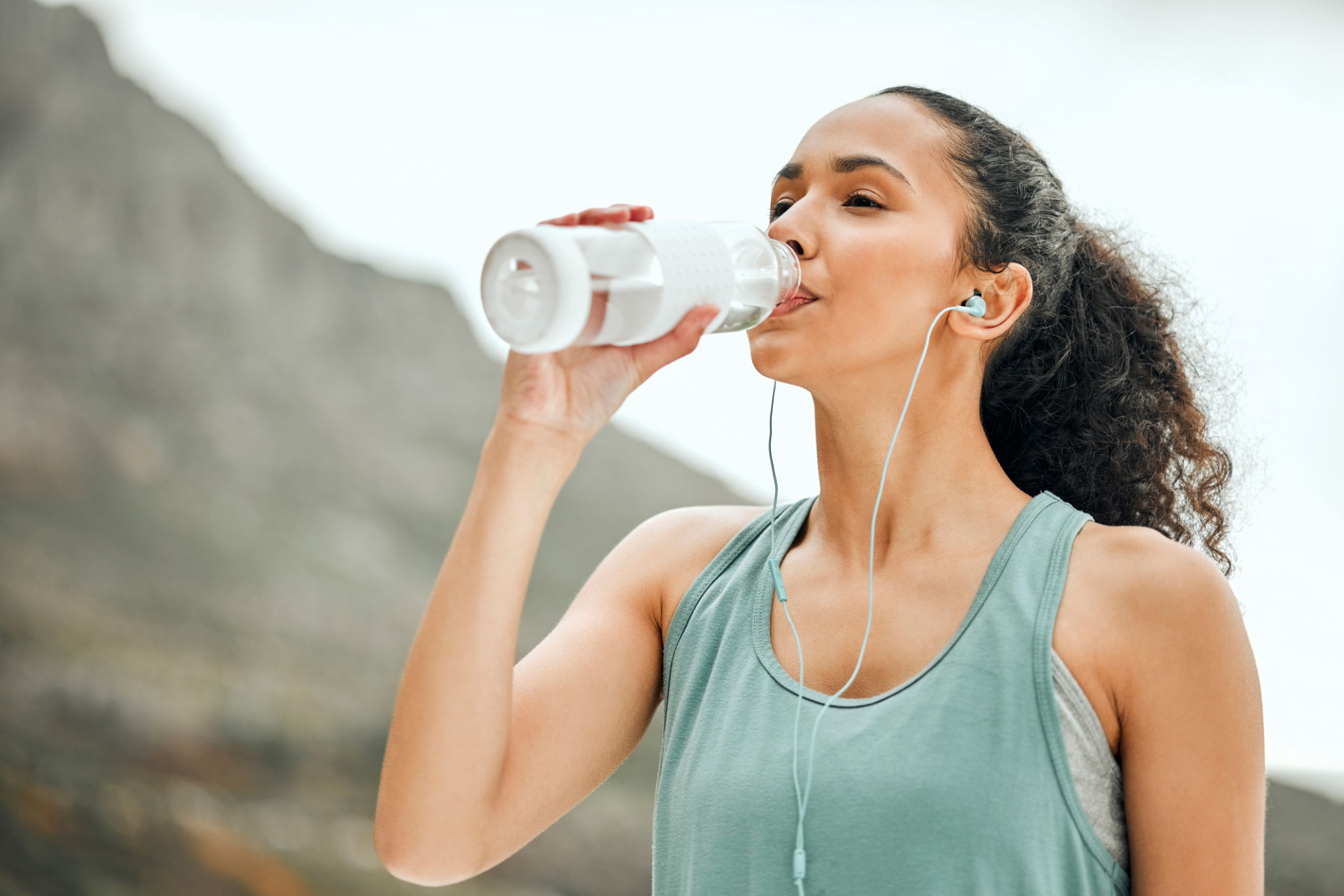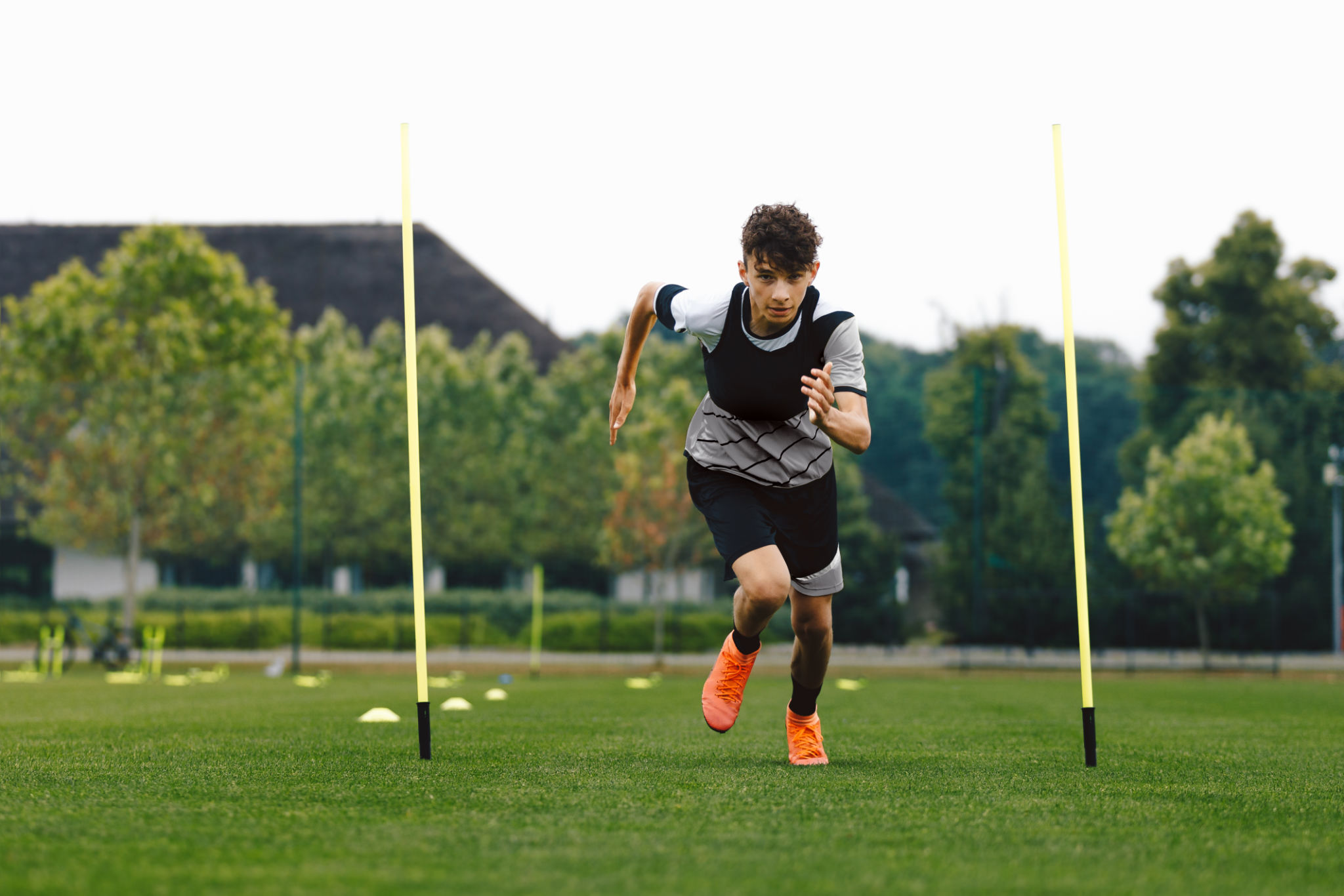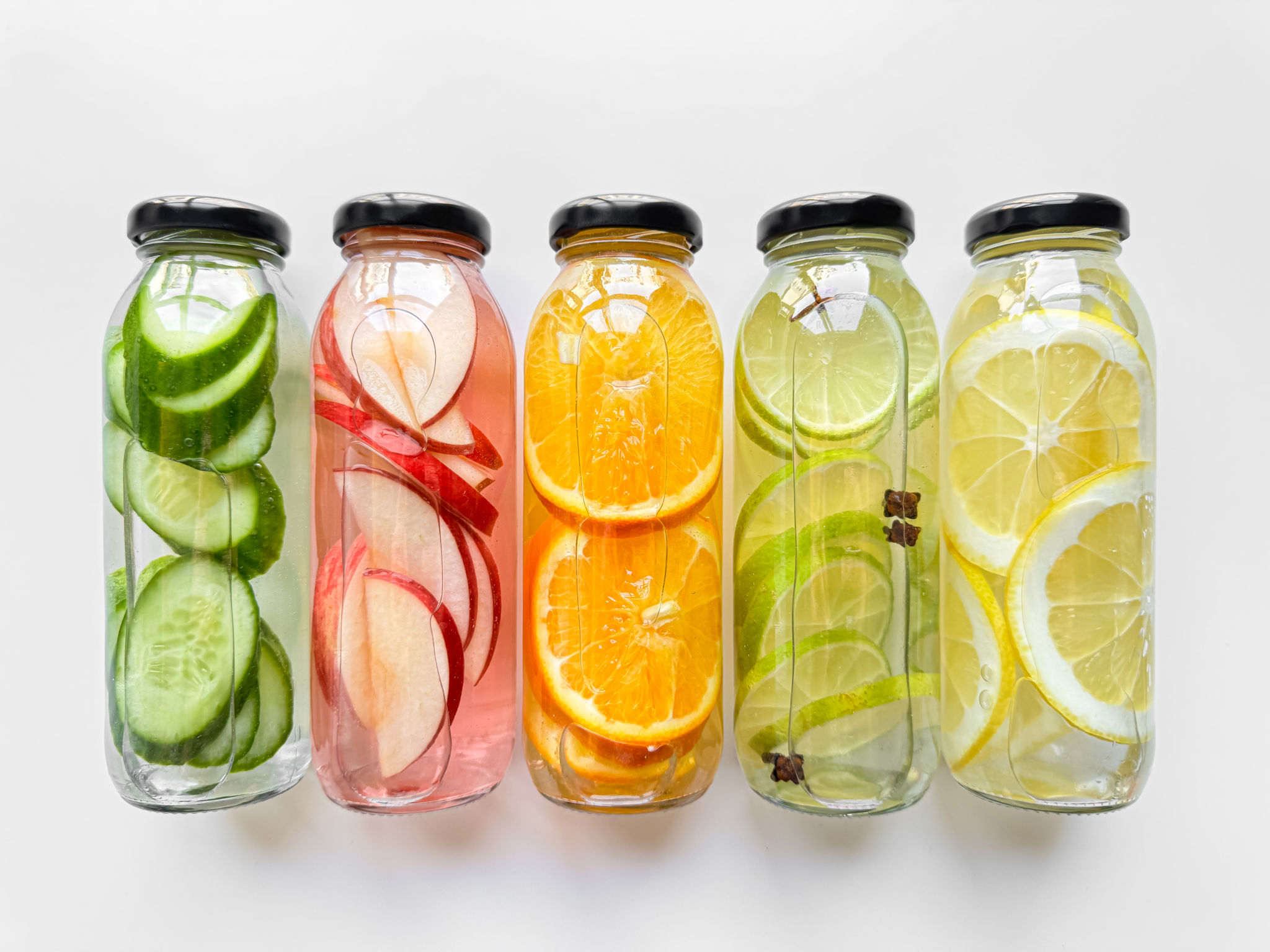Hydration Tips for High School Athletes: Boosting Performance Naturally
Understanding the Importance of Hydration
For high school athletes, staying hydrated is not just about quenching thirst. It's about maintaining peak performance and ensuring overall health. Proper hydration helps regulate body temperature, keeps joints lubricated, and ensures that the heart and muscles work efficiently. Without sufficient fluids, athletes can experience fatigue, dizziness, and decreased coordination.
Moreover, dehydration can significantly impair athletic performance. Even a 2% loss in body weight due to fluid loss can result in a noticeable decline in physical capabilities. Thus, understanding how to stay hydrated is crucial for young athletes aiming to perform their best.

How Much Water Do High School Athletes Need?
The amount of water an athlete needs can vary based on several factors, including the intensity of their activity, environmental conditions, and individual body composition. As a general guideline, athletes should aim to drink at least half their body weight in ounces of water daily. For example, a 150-pound athlete should consume about 75 ounces of water each day.
During intense training or games, it’s essential to increase intake. Athletes should drink an additional 16-20 ounces of water for every hour of physical activity. It’s also beneficial to consume fluids before, during, and after workouts to maintain hydration levels.
Tips for Staying Hydrated
Adopting good hydration habits can make a significant difference in an athlete's performance. Here are some practical tips:
- Start Hydrated: Begin the day by drinking a glass of water as soon as you wake up.
- Carry a Water Bottle: Having a reusable water bottle handy encourages regular sipping throughout the day.
- Set Reminders: Use phone alarms or apps to remind you to drink water at regular intervals.

Hydration Beyond Water
While water is essential, it’s not the only source of hydration. Electrolyte-rich drinks can be beneficial, especially during prolonged exercise sessions. These beverages help replenish sodium, potassium, and other essential minerals lost through sweat.
However, it’s vital to choose these drinks wisely. Opt for those with natural ingredients and minimal added sugars. Coconut water is a great natural alternative that provides both hydration and electrolytes without the added artificial flavors or sweeteners found in many sports drinks.
Nutrition’s Role in Hydration
Nutrition plays a supportive role in maintaining proper hydration levels. Consuming fruits and vegetables with high water content, like cucumbers, oranges, and watermelon, can contribute significantly to daily fluid intake. A balanced diet rich in these foods not only supports hydration but also provides essential vitamins and minerals for overall athletic performance.

Recognizing Signs of Dehydration
Despite best efforts, understanding the signs of dehydration is crucial for timely intervention. Common symptoms include dry mouth, dark yellow urine, fatigue, dizziness, and confusion. If any of these signs appear, it’s essential to increase fluid intake immediately.
Athletes should also be encouraged to listen to their bodies. Thirst is an early indicator that should not be ignored. By paying attention to these signals, athletes can prevent dehydration from impacting their performance and health.
Conclusion: Making Hydration a Habit
For high school athletes striving for excellence, making hydration a daily habit is key. By understanding their individual needs and implementing practical strategies, they can enhance their performance naturally and maintain their health. Encouraging young athletes to prioritize hydration will not only boost their athletic capabilities but also lay the foundation for lifelong healthy habits.